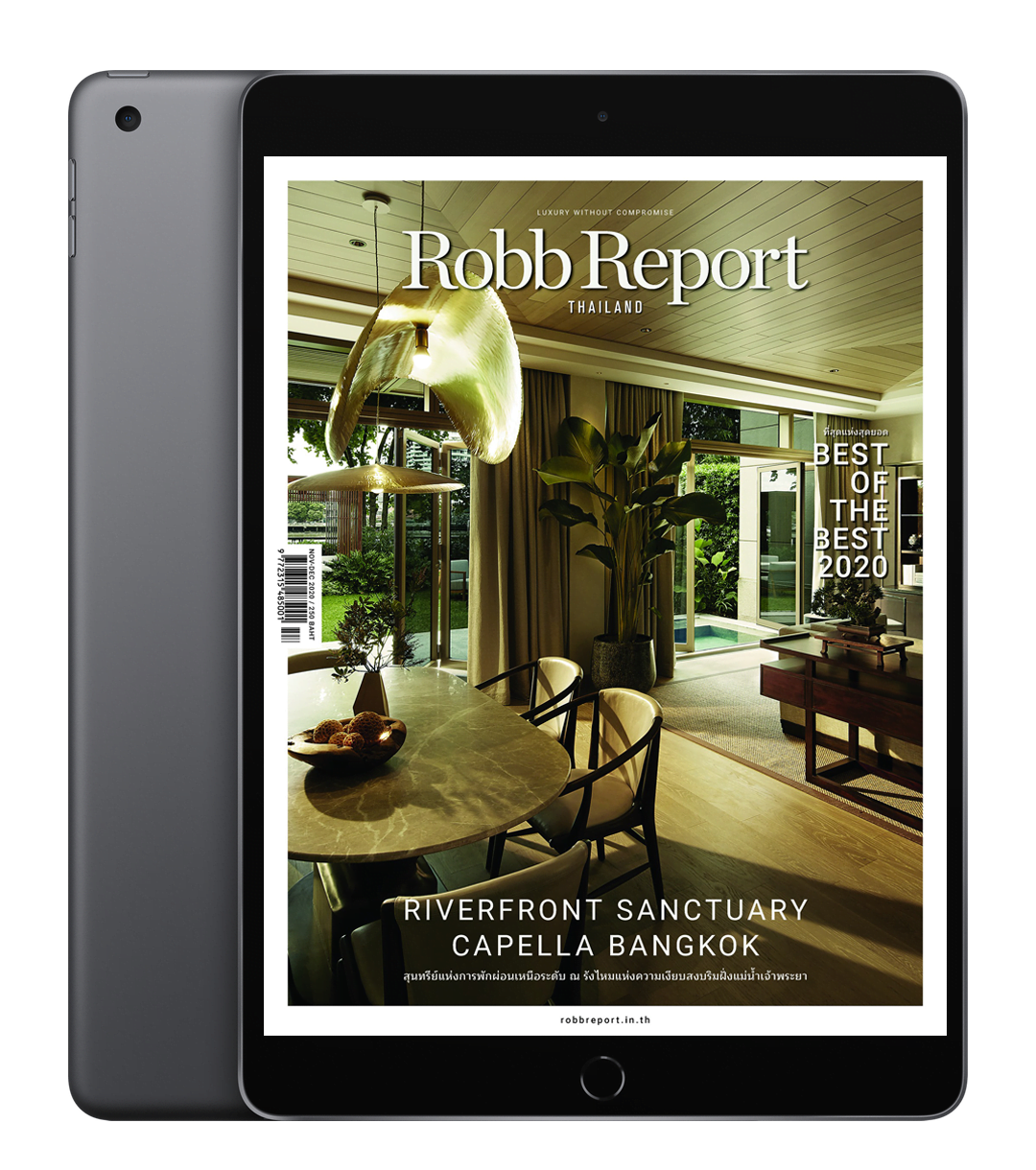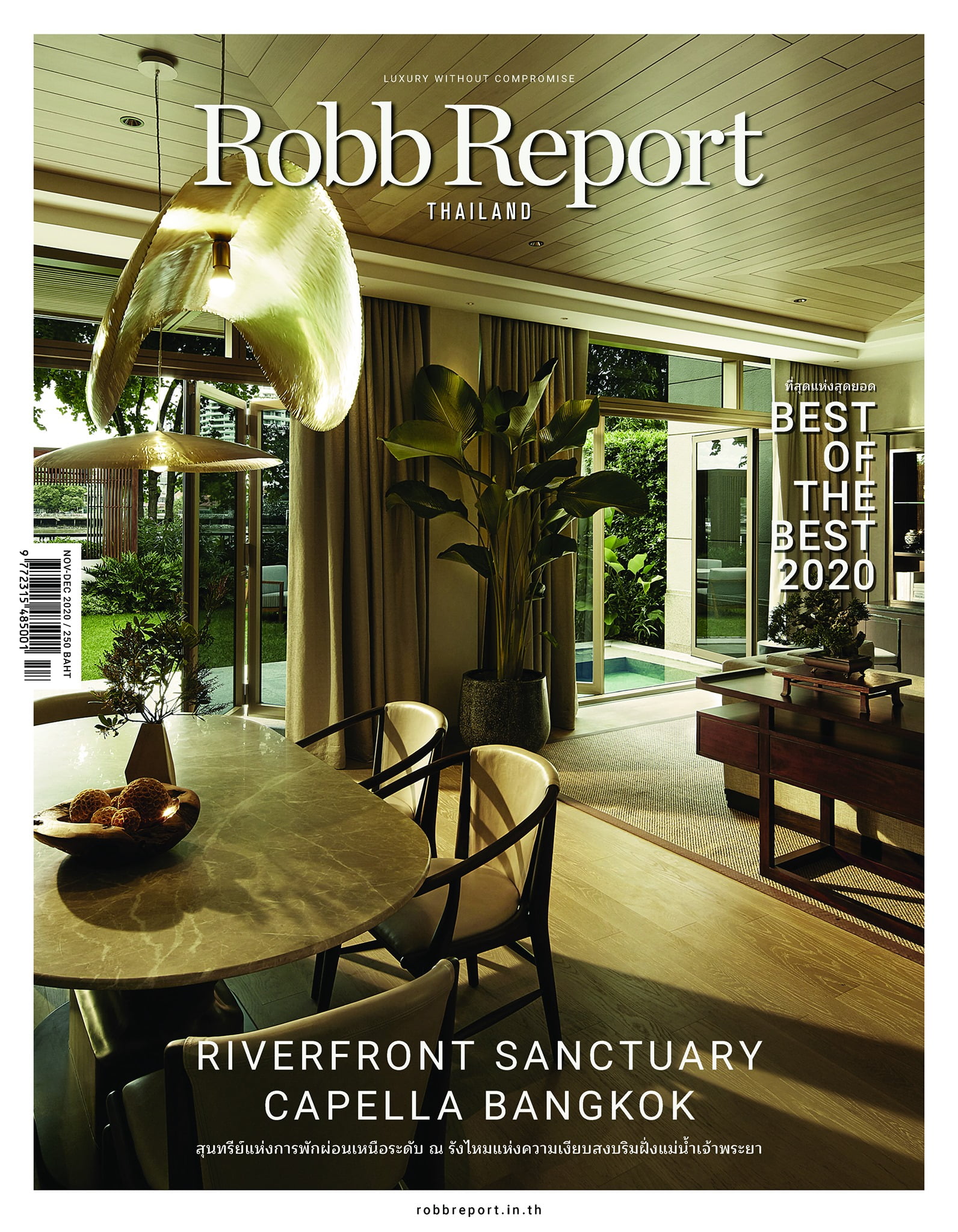การมาถึงของมิชลินไกด์ ในเมืองโตรอนโต ซึ่งขึ้นชื่อด้านอาหารที่หลากหลายและมีชีวิตชีวาอยู่แล้วนั้น ได้จุดกระแสตอบรับที่แตกต่างกันไปในวงการอาหารท้องถิ่น บางคนมองว่านี่เป็นการพัฒนาที่ดีที่จะช่วยดึงดูดความสนใจจากนานาชาติและเม็ดเงินลงทุนมายังเมือง ขณะที่บางคนมองว่าไม่จำเป็น เพราะโตรอนโตเองก็มีชื่อเสียงด้านอาหารอยู่แล้ว และมีสำหรับการแนะนำร้านอาหาร ที่นี่ก็มีแหล่งข้อมูลท้องถิ่นที่น่าเชื่อถืออยู่มากมายอยู่แล้ว
เชฟ John-Vincent Troiano เจ้าของร้านอาหาร Frilu ซึ่งได้รับรางวัลดาวมิชลิน บอกว่าเขาคาดไม่ถึงว่ามิชลินจะมาโตรอนโต และรู้สึกประหลาดใจกับการได้รับการยอมรับ แต่เขายังคงมุ่งเน้นไปที่การมอบประสบการณ์การรับประทานอาหารที่ยอดเยี่ยมมากกว่าการยึดติดกับรางวัล
โดยทั่วไป การไม่มีร้านอาหารระดับ 3 ดาวและมีแต่อาหารยุโรปและญี่ปุ่น ทำให้เกิดเสียงวิพากษ์วิจารณ์ว่าไม่ได้สะท้อนภาพลักษณ์ที่หลากหลายของอาหารโตรอนโตอย่างครบถ้วน บางคนรู้สึกว่ามิชลินพลาดโอกาสที่จะได้นำเสนออาหารสไตล์มัลติคัลเจอรัลและความคิดสร้างสรรค์ของเมือง
เชฟ Patrick Kriss, เจ้าของร้านอาหาร Alo และ Alobar ซึ่งได้รับดาวมิชลิน มองว่ามิชลินเป็น “สิ่งเพิ่มเติมที่ดี” ที่อาจเป็นเป้าหมายให้เหล่าเชฟท้องถิ่นมุ่งมั่นต่อไป อย่างไรก็ตาม เขายอมรับว่า สื่งนี้ไม่จำเป็นอย่างยิ่งสำหรับเมืองอย่างโตรอนโต เนื่องจากไม่มีระบบการจัดอันดับร้านอาหารด้วยดาวเหมือนกับ The New York Times
แม้จะมีกระแสตื่นเต้นในช่วงแรกเกี่ยวกับการมาของมิชลิน แต่คนท้องถิ่นจํานวนมากยังคงใช้ทัศนคติที่อ่อนน้อมและจริงจัง สะท้อนถึงความมั่นใจในตัวตนด้านอาหารของโตรอนโตอย่างเงียบๆ สำหรับ Troiano และคนอื่นๆ สิ่งสำคัญยังคงอยู่ที่การสร้างประสบการณ์การรับประทานอาหารที่ยอดเยี่ยม มากกว่าการไล่ล่ารางวัลต่างๆ มากมาย
สรุปแล้ว การมาถึงของมิชลินในโตรอนโต สร้างกระแสการพูดคุยและดึงความสนใจไปยังวงการอาหารของเมือง แต่ผลกระทบและความสำคัญนั้นแตกต่างกันไปในกลุ่มคนต่างๆ ในวงการอาหารท้องถิ่น
จากบทความโดย Vivian Song
The arrival of Michelin in Toronto, a city already renowned for its diverse and vibrant culinary scene, has elicited a range of reactions from the local food community. While some view it as a positive development that could bring international attention and investments to the city, others see it as unnecessary, given the city’s existing culinary reputation and the reliance on other trusted local resources for dining recommendations.
Chef John-Vincent Troiano, owner of Frilu, one of the restaurants awarded a star in the inaugural Michelin guide, initially did not expect Michelin to come to Toronto and was surprised by the recognition. However, he remains focused on providing exceptional dining experiences rather than fixating on accolades.
Overall, the absence of any triple-star ratings and the dominance of Eurocentric and Japanese cuisines in the selection drew criticism for not fully representing Toronto’s diverse culinary landscape. Some felt that Michelin missed an opportunity to showcase the city’s multicultural and inventive food scene.
Chef Patrick Kriss, whose restaurants Alo and Alobar received stars, sees Michelin as a “nice addition” that could provide goals for local chefs to strive toward. However, he acknowledges that the guide’s presence may not be essential in a city like Toronto, which lacks a starred restaurant-rating system like that of The New York Times.
Despite the initial hype surrounding Michelin’s arrival, many locals have adopted a modest and pragmatic attitude, reflecting Toronto’s quiet confidence in its culinary identity. For Troiano and others, the focus remains on creating exceptional dining experiences rather than chasing accolades.
In summary, while the arrival of Michelin in Toronto has sparked discussions and brought attention to the city’s food scene, its impact and significance vary among different members of the local culinary community.
From the article by Vivian Song








